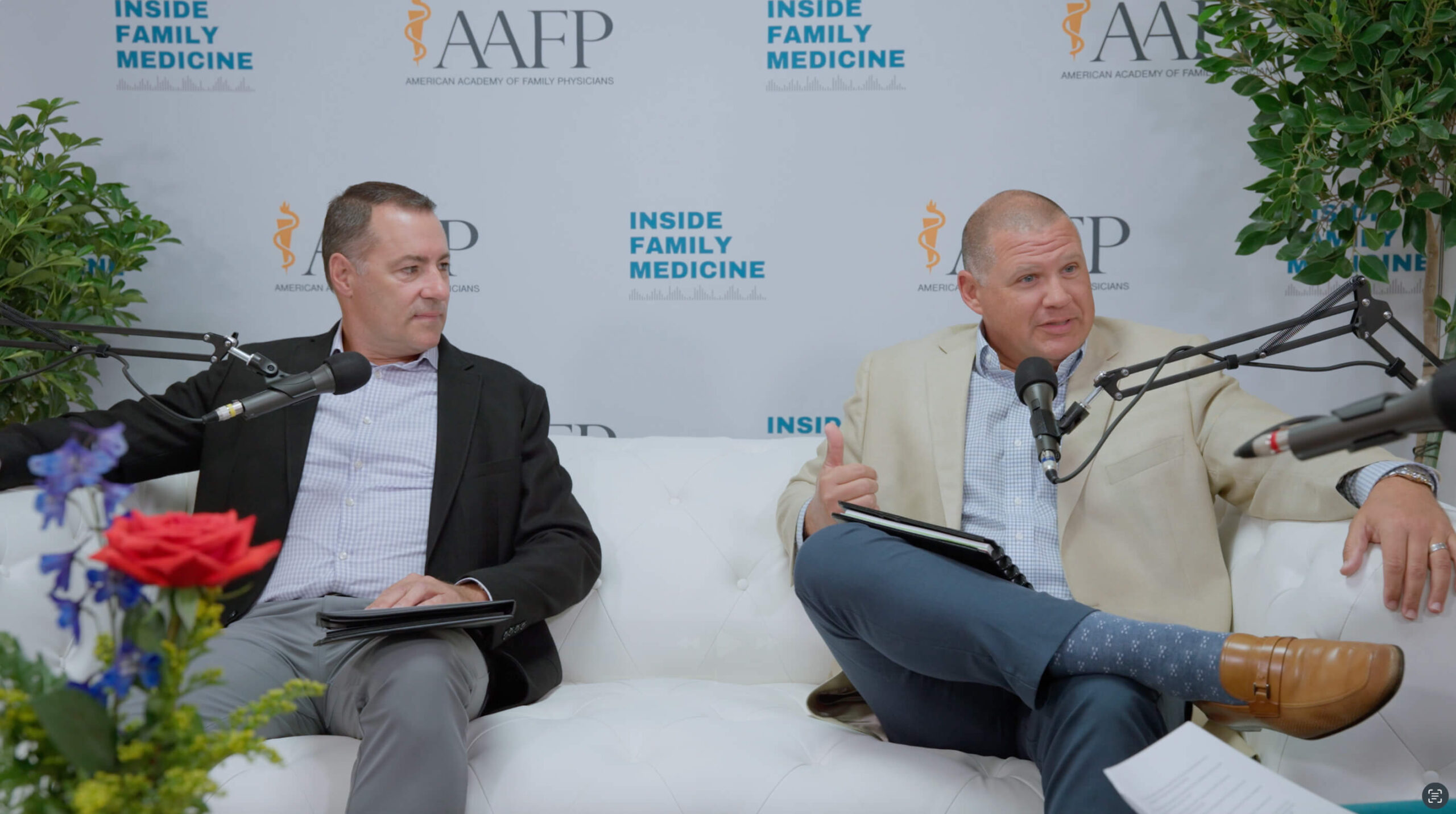1. Get more organized
In order for your practice to run efficiently, you need to be organized. Whether it’s organizing patient health records, going through your inventory, cleaning up your email inbox, or rearranging your waiting room to be more spacious and inviting – set a list of priorities.
You’re a busy person and you can’t do everything all at once. So to better manage your time, make a checklist or a daily to-do list and figure out what’s most important to do that day.
2. Save money
Saving more money is not only one of the most common personal and professional goals, it’s also the most difficult. And with the healthcare environment being extremely competitive, you will need to find more ways to cut costs while still providing quality patient care.
Start by looking for areas of waste such as too many magazine subscriptions or discrepancies in collecting payments. Tips to keep in mind when looking for a revenue boost include: negotiating prices with vendors, reducing energy costs, bargain hunting, buying in bulk, and knowing exactly where your money is going and when.
3. Reduce stress
Being a family physician may be a rewarding medical career, but it’s not without its hardships. It’s often difficult for physicians to find work-life balance. Between the long hours, overflow of patients and tedious administrative duties, stress becomes part of the job. This year, try to find ways to reduce stress in your life. Meditating, exercising, finding more “me” time or simply saying “no” to certain tasks can help take a huge weight off of your shoulders.
Whatever you do to relieve stress, every little bit helps. Too much stress can lead to burnout which is all too common among family physicians, including residents. Read this article to learn how you can prevent burnout before it starts.
4. Improve patient communication
You spend a majority of your work day interacting with patients, but have you ever considered that your communication skills could use some improvement? Patient communication is a crucial part of practicing family medicine. If you’re only focused on treating the symptoms – and not the patient – you’ll lose that warmth and bedside manner that family doctors are well known for.
A cold, diagnostic approach to medicine may jeopardize your existing doctor-patient relationships. It can also have a negative effect on a patient’s healing process. To help you improve upon your patient communication skills this year, check out these four tips.
5. Volunteer in the community
Volunteering or offering your services to the greater community is a great way to dedicate your free time and revive your passion for medicine. There are many areas in the U.S. that lack access to basic healthcare resources. Your added service will help those who are in desperate need for medical attention. It’s also a great way to find personal and professional fulfillment that may have been lost over your years of practice.
You can also offer up your time at a school or university to encourage young, aspiring physicians to answer the call to practice family medicine. Not sure if volunteering is right for you? Check out this article by Medscape to determine if it’s something you really want to do.
6. Stay informed
A good doctor is a well-informed doctor. This year, try to stay up-to-date on the latest healthcare related news and trends. Find out about new treatment options, healthcare policies, technology, EHR improvements and other insights that may help your practice.
To start, check out some of the most popular blogs or news sites related to family medicine or healthcare professionals in general. This will help you stay in the know on industry trends, the latest medical research, and practice tips. Try browsing the news over breakfast, during your break or while you’re waiting in line to grab lunch. It only takes a few minutes a day.
7. Get more sleep
Whether you’re a full-time family physician or are on-call 24/7 as a concierge doctor, a good night’s sleep may be hard to come by. This year, try to get a little more sleep.
Without at least seven hours of restful sleep a night, you may not be able to perform your duties to the best of your abilities. You’ll be off your game and it will show when you interact with staff members and patients.
If you have trouble falling asleep, try cutting down on caffeine, especially later in the day. Also, avoid eating big meals late at night or close to bedtime as this can cause indigestion or unwanted heartburn that could keep you up all night.
Tell Us: What practice goals do you have for this year? How likely are you to stick with them?
Photo credit: Shutterstock




